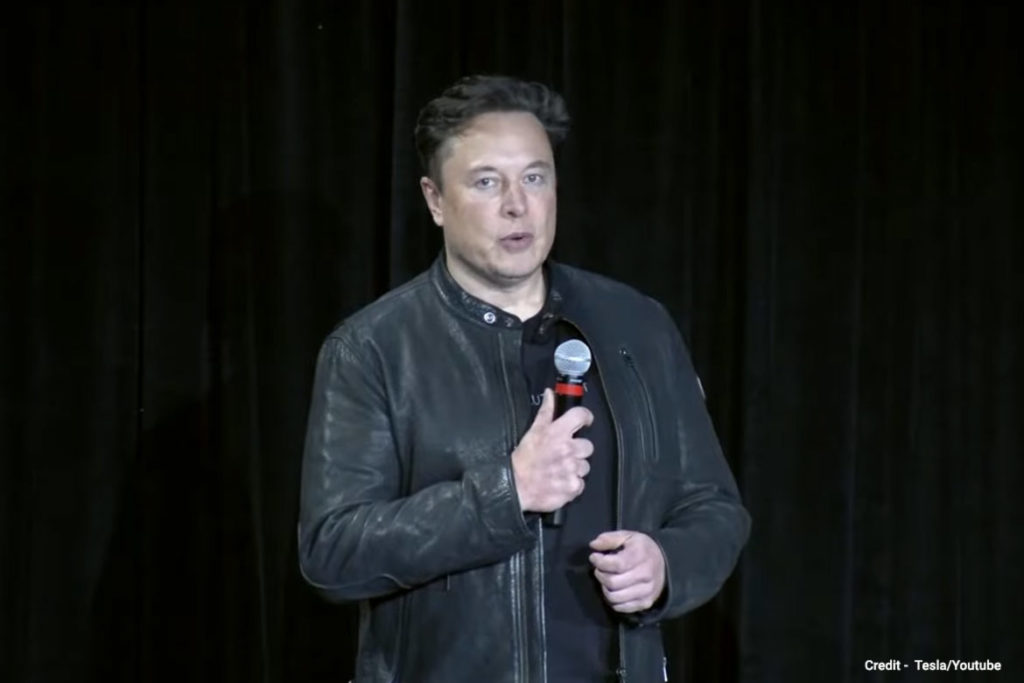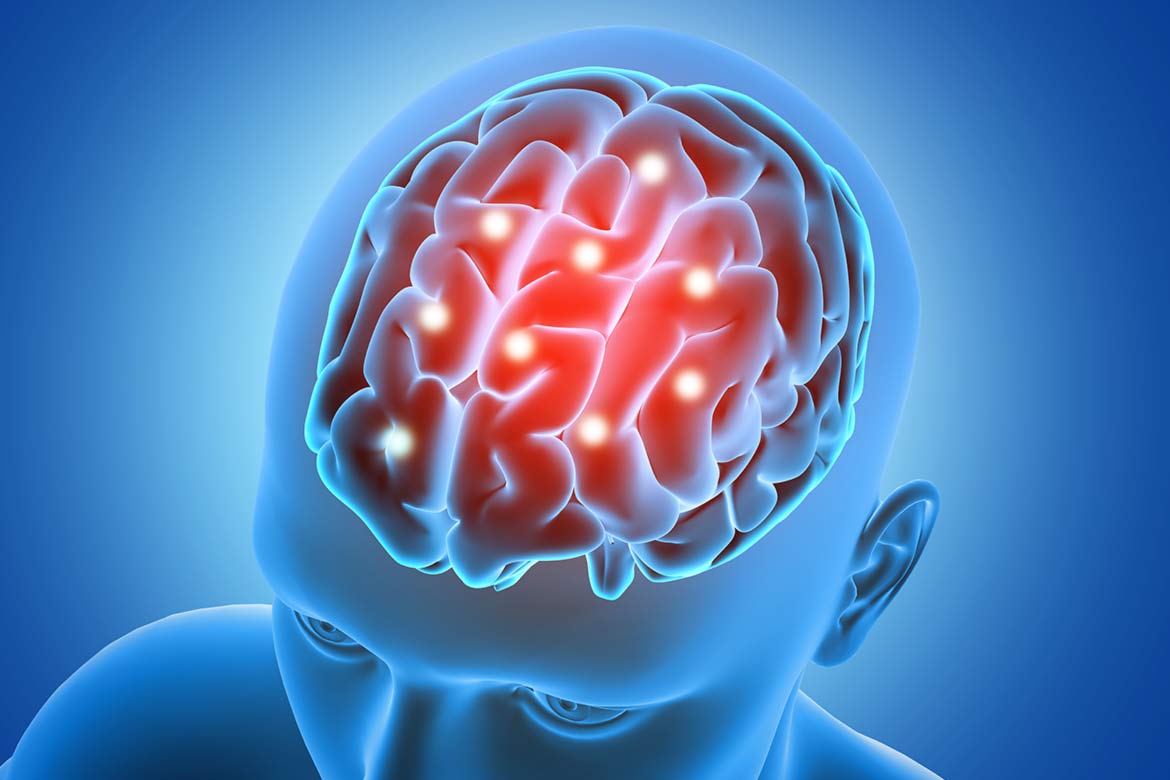Elon Musk, the owner of SpaceX and Tesla, has always been in the news whether for his crypto love or his bizarre ideas. These ideas are not only limited to driverless cars or space travel, but now it also includes an effort to link the human mind and artificial intelligence, named Neuralink, which is Musk’s neural interface technology company. Musk is preparing a chip, which will be inserted in the brain of a person to record the activity of the brain and control it to a limited extent. Although this high-tech may sound strange or seems a theme of a sci-fi movie, its use in the treatment of diseases like Parkinson’s can prove to be very important.
What is the purpose of this project?
Interestingly, Musk believes that mankind should not be defeated by a digital super intelligence, so it should be prepared in advance. He told in a podcast by Lex Friedman in 2019 that we will never be smarter than a digital supercomputer. So if we can’t beat them then we should join them. Musk has given some big hints about what Neuralink will do. He said that chip will be able to save memories and play again or can call the car by telepathy. Besides, it can also prove to be a boon for people living with paralysis or disability.

How will the technology work?
Neuralink is preparing two tools. The first is a coin-sized chip that will be implanted in a human’s head. From this, thin wires will come out of the hair, in which 1024 electrodes will go to different parts of the brain. The data received from them will go through the chip to the computers where researchers will study it. Apart from this chip, there will be a robot, which with the help of a needle will stitch the wire coming out of the Neuralink chip into the human brain. Musk says the procedure would be as easy as LASIK surgery. In January, a demo of this chip was implanted inside a pig. This chip remained in the mind of the pig for two months. A few months back, Musk also told that a monkey has also been implanted with this chip in its brain and it has an effect on it.
Apprehensions of scientists
It is difficult for experts to believe these claims to be true. In September 2020, Professor Andrew Jackson, a neuro scientist at the University of Newcastle, told Business Insider that the technology may be possible, but the neuroscience behind it is very robust. However, he says that there is a feature in its robot that adjusts the work of applying the chip to the brain according to the movement in the human brain. Movement in the brain occurs with breathing and heartbeat. Scientists are happy with the engineering being used in this technology, but they do not consider the neuroscience behind it to be a miracle.

